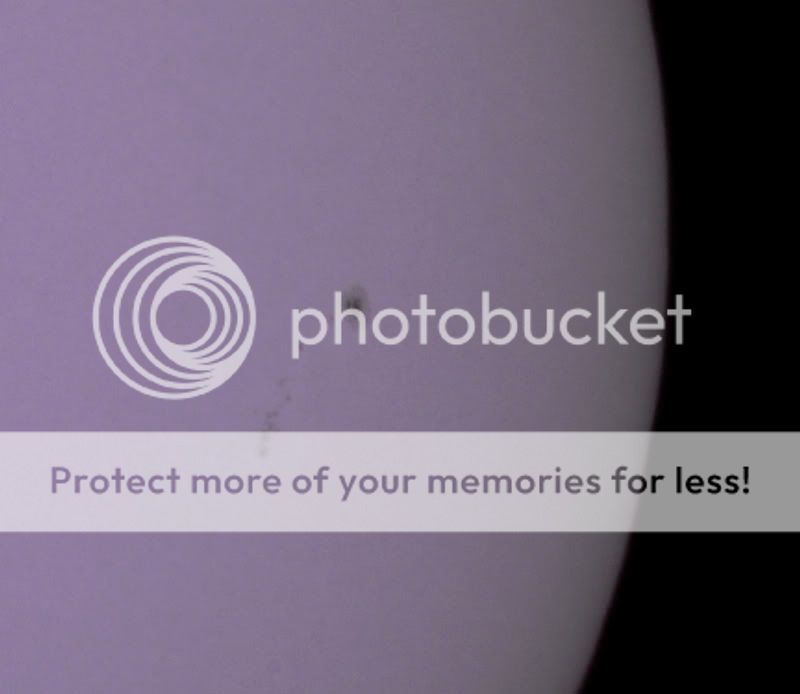I suggust you check out this NASA website...
NASA - Solar Eclipse Photography
It talks about suggested focal lengths and what filters to use before, during, and after the total phase. It also provides an exposure guide, a link to a list of solar filter manufacturers, and links to other related websites. The website discusses film, but virtually all else applies equally to digital. Pay particular attention to the eye safety tips on the linked to filter page.
And, no, neither neutral density or circular polarizing filters will be enough, at least not if your eyes are valued. A filter for this purpose will contain a thin layer of aluminum, chromium, or silver to attenuate ultraviolet, visible, and infrared energy. In other words,
only a filter specifically designed for this purpose should be used.
stewart


 Similar Threads
Similar Threads 






















